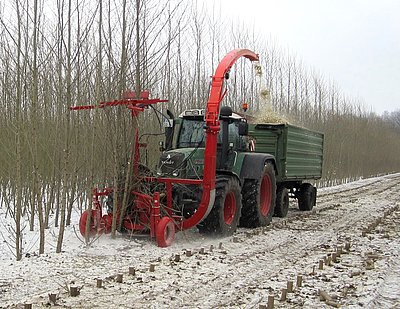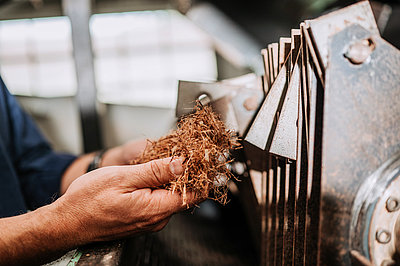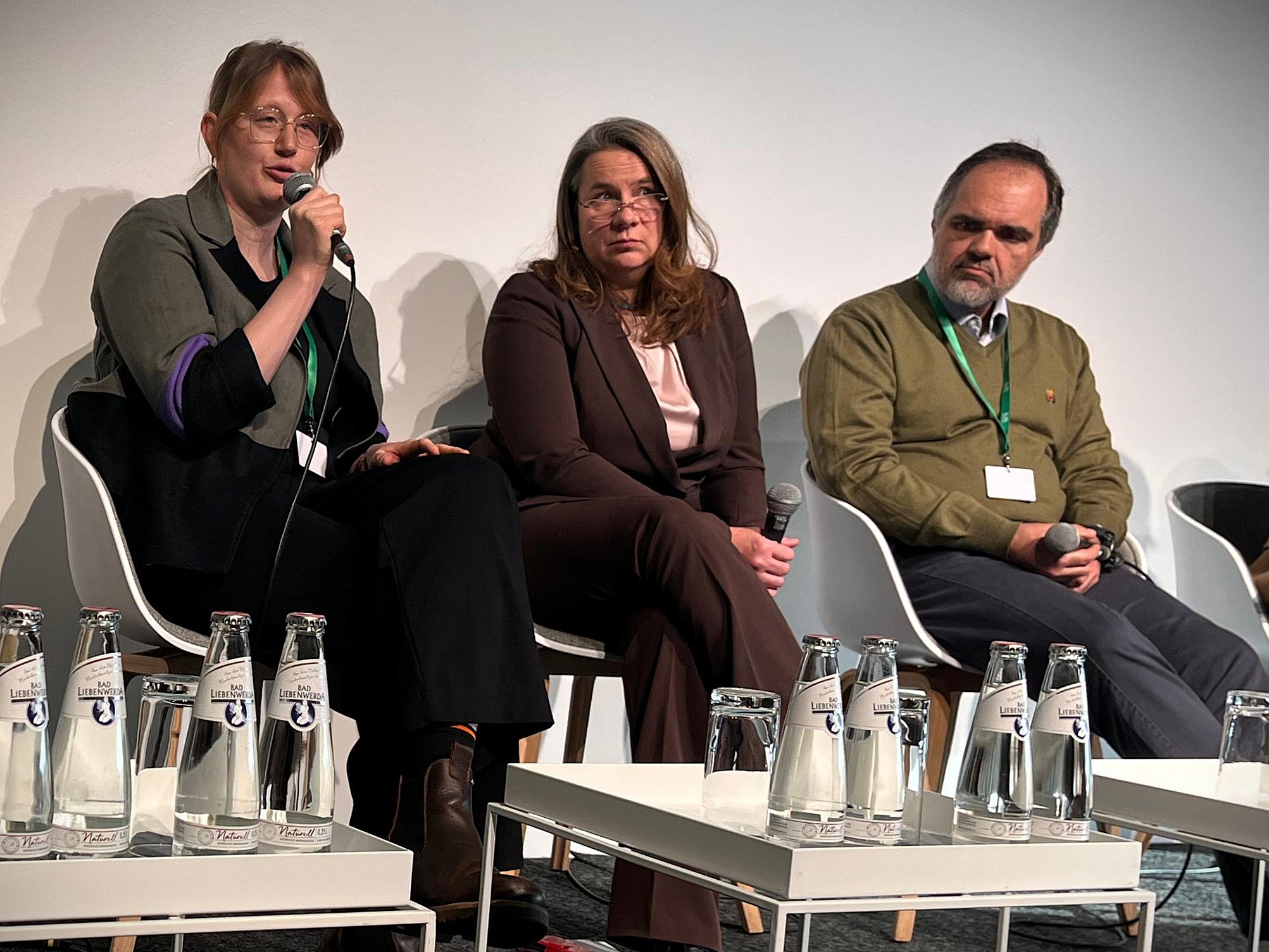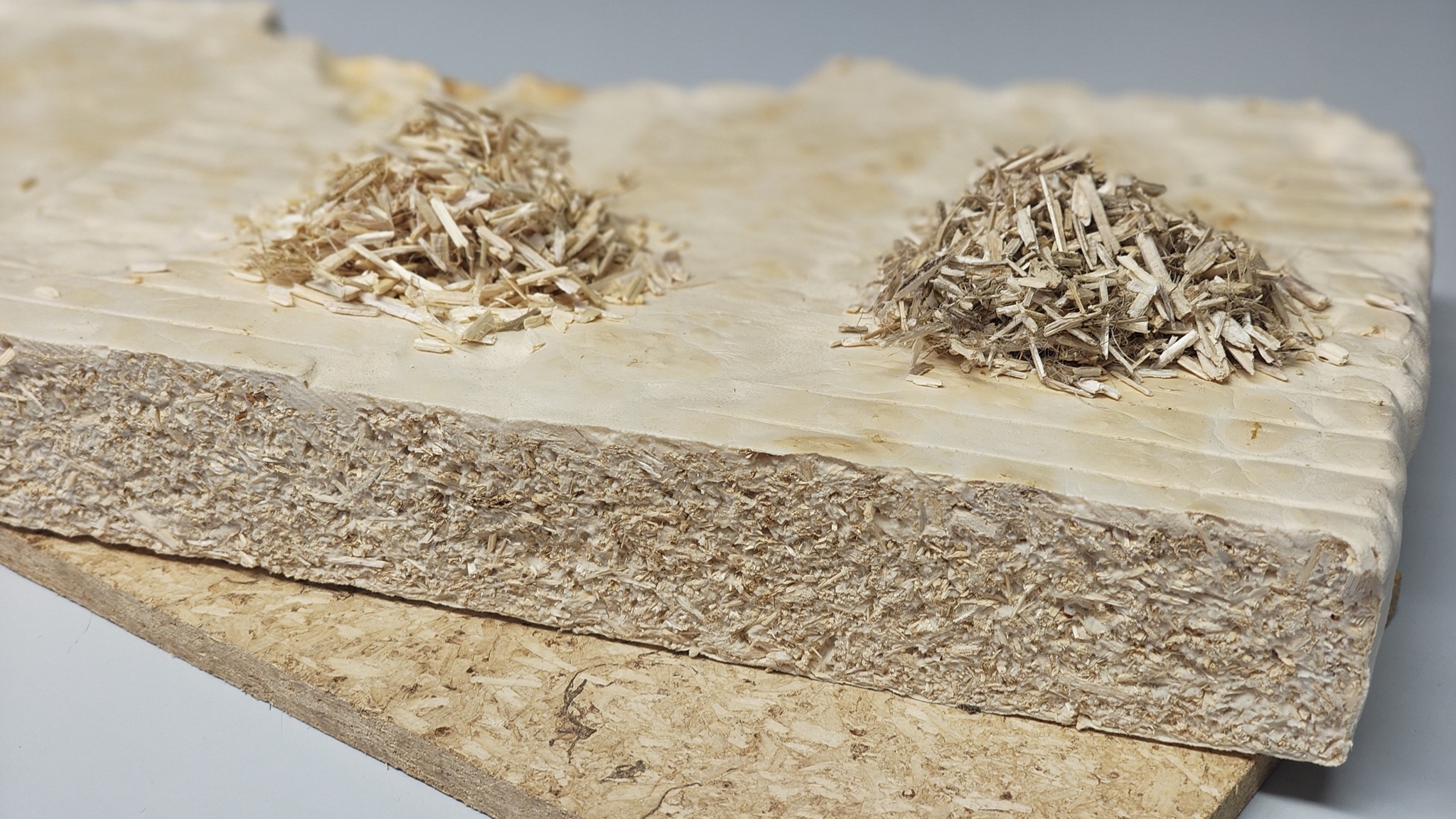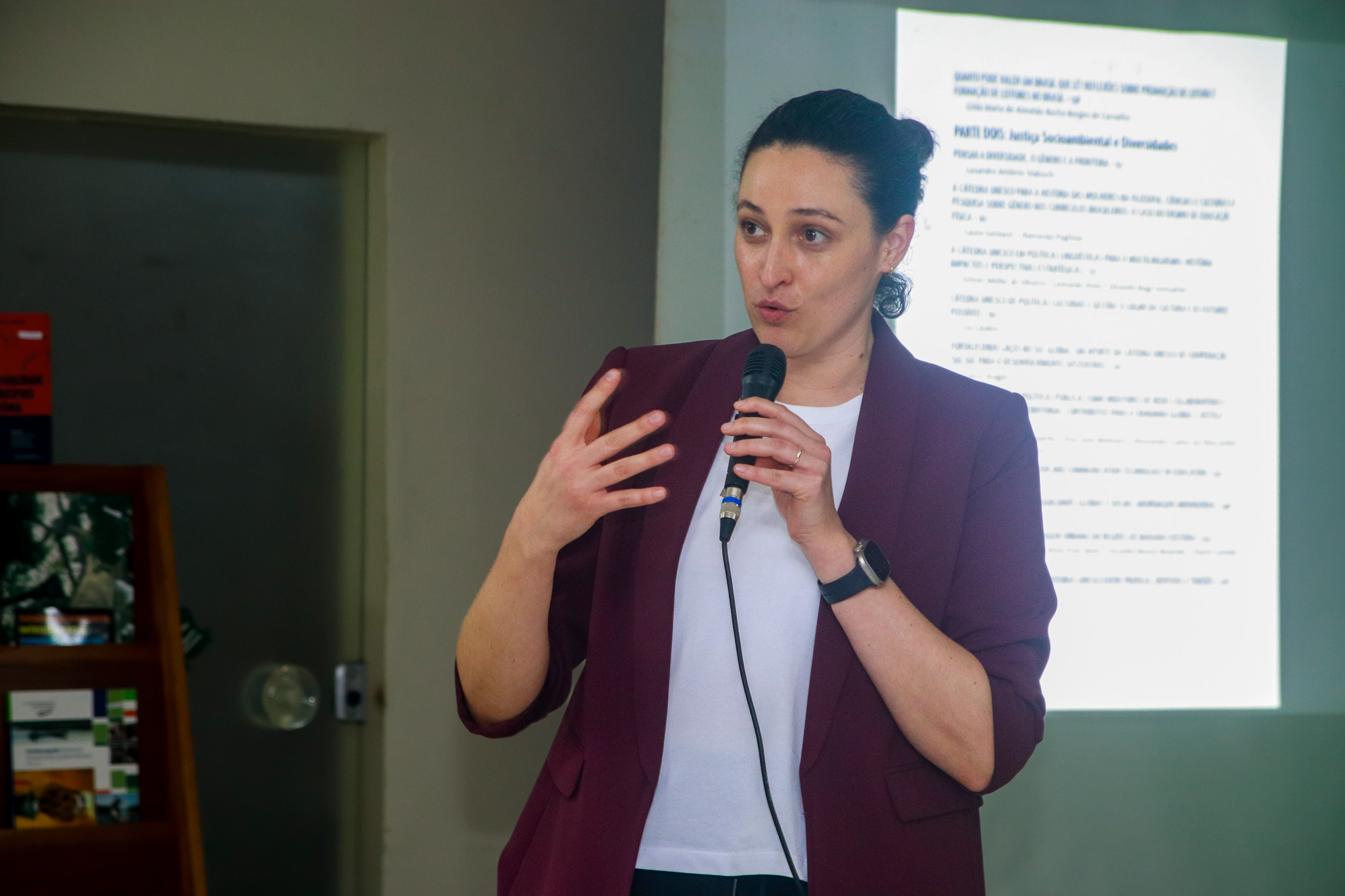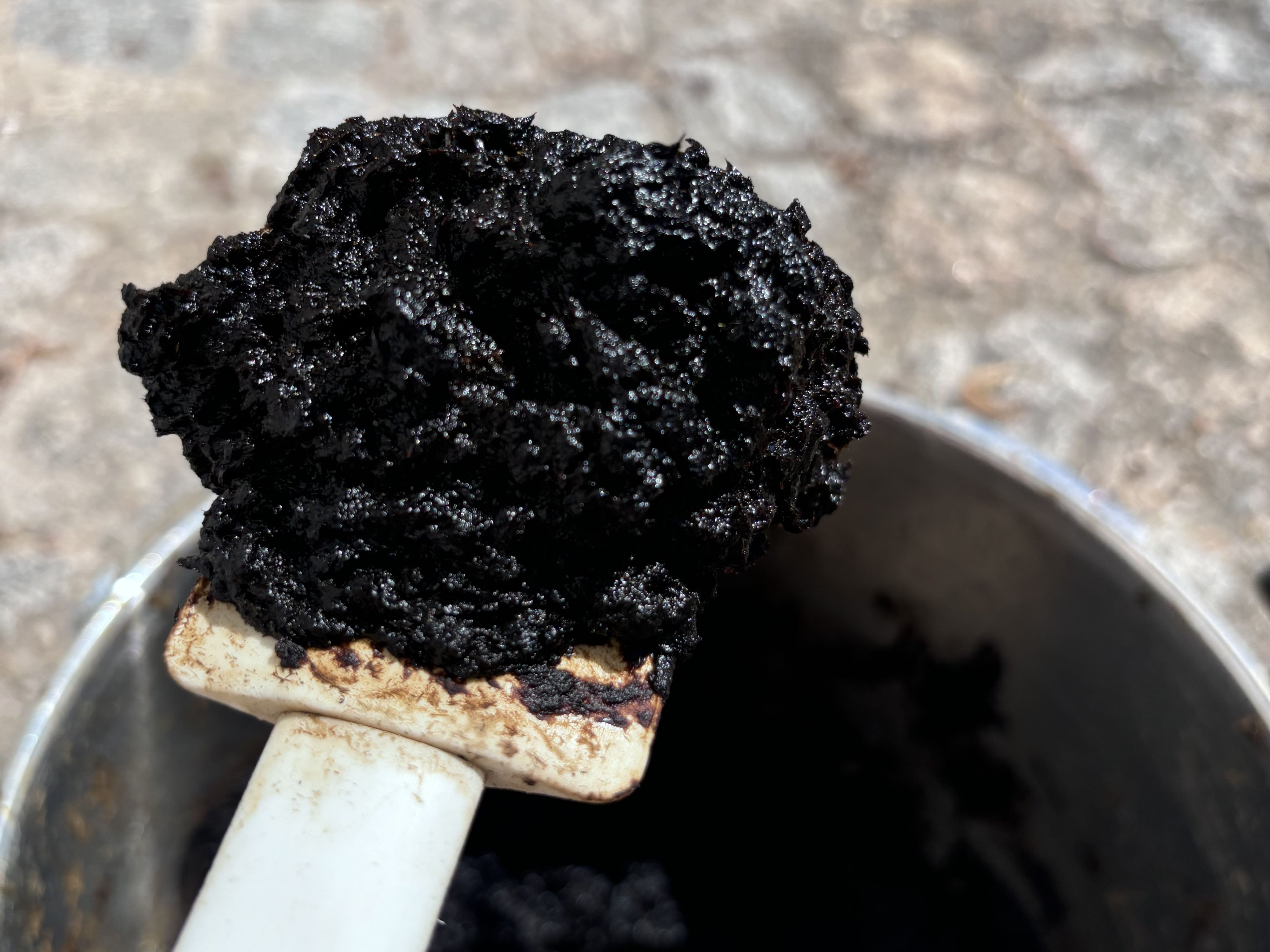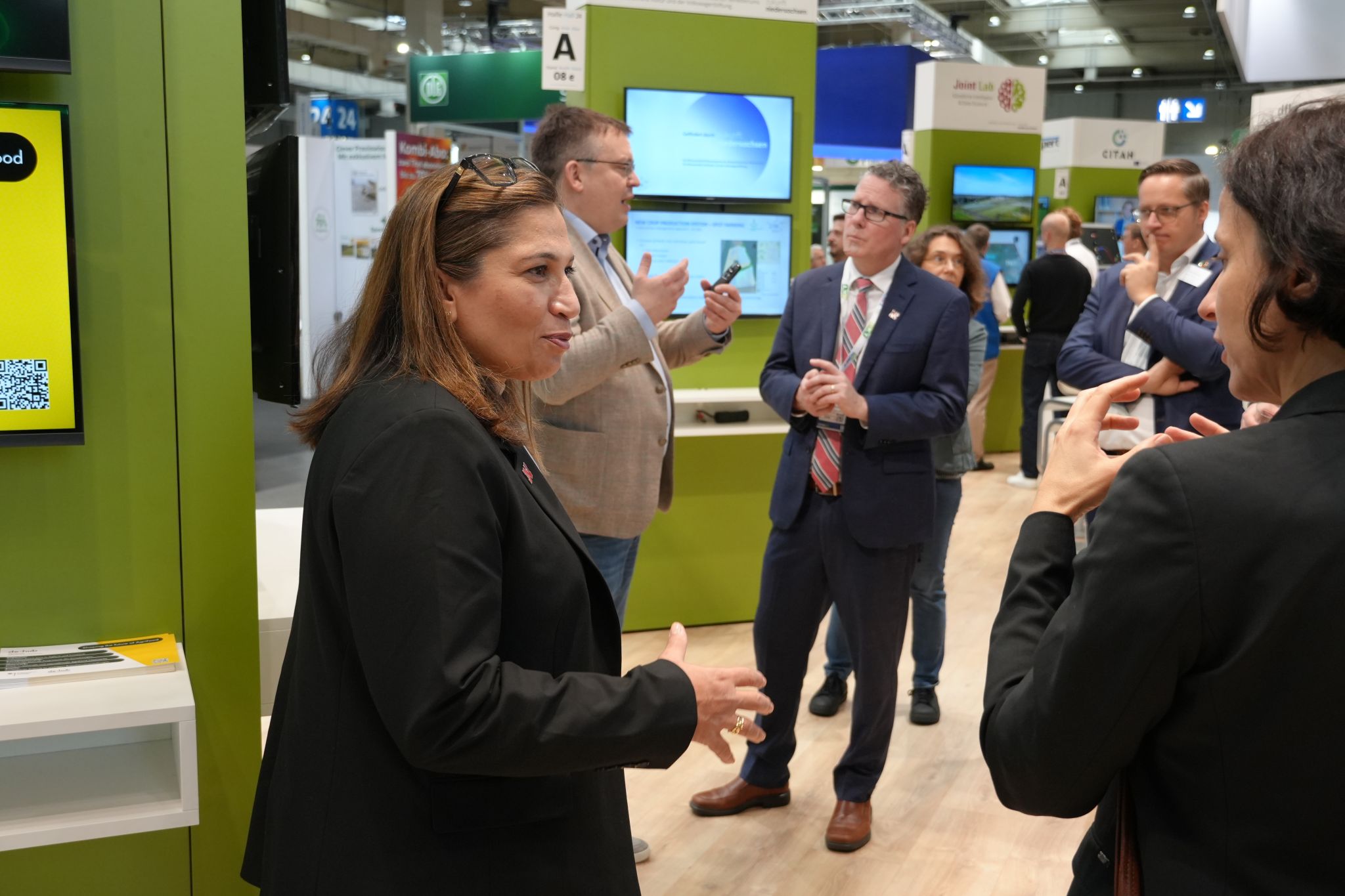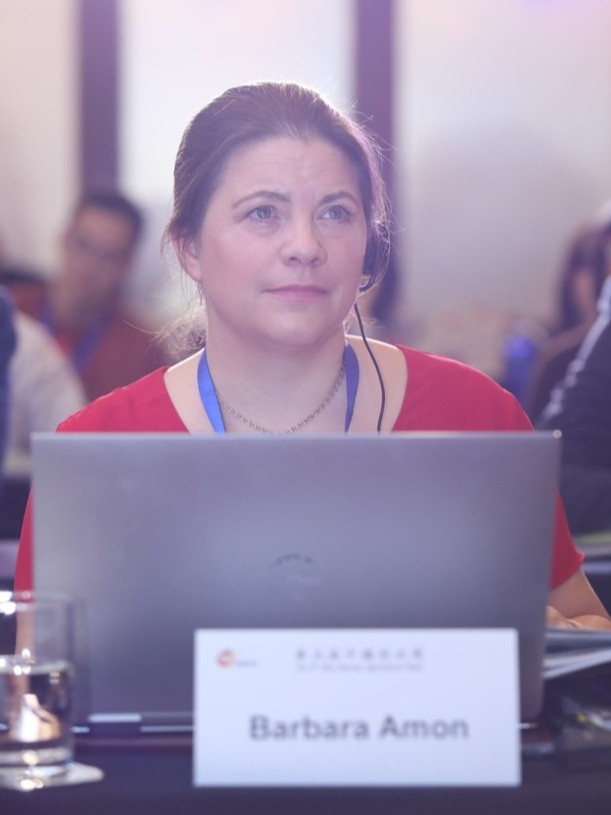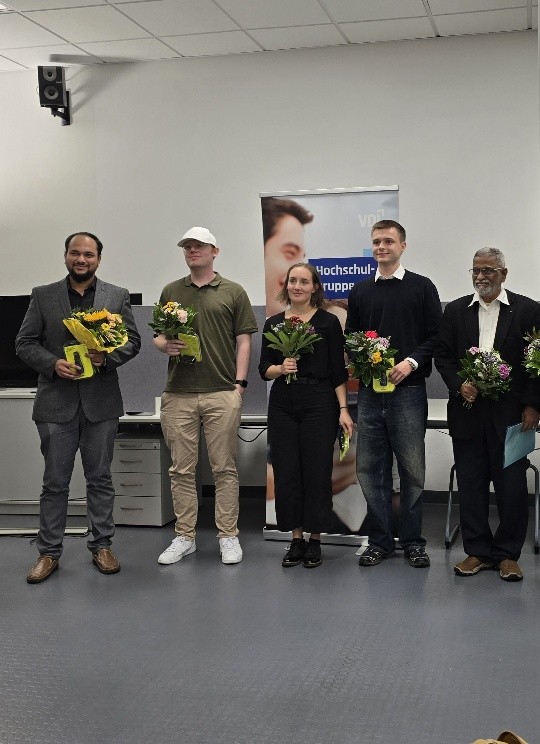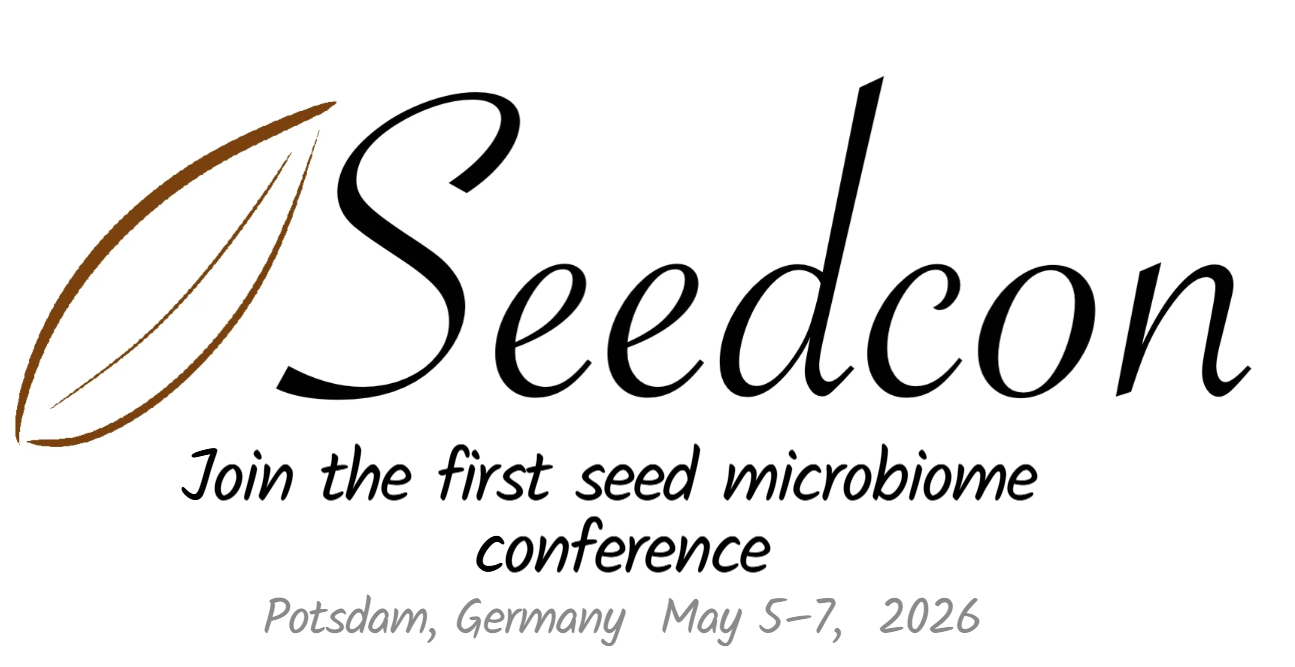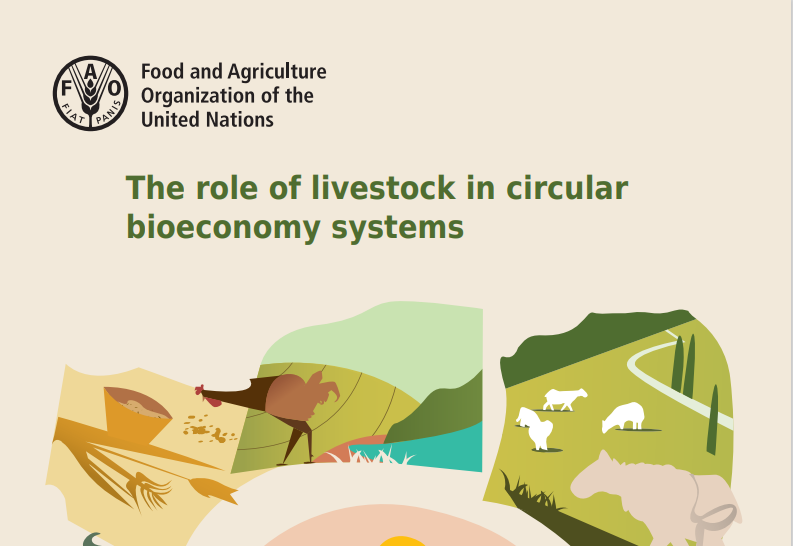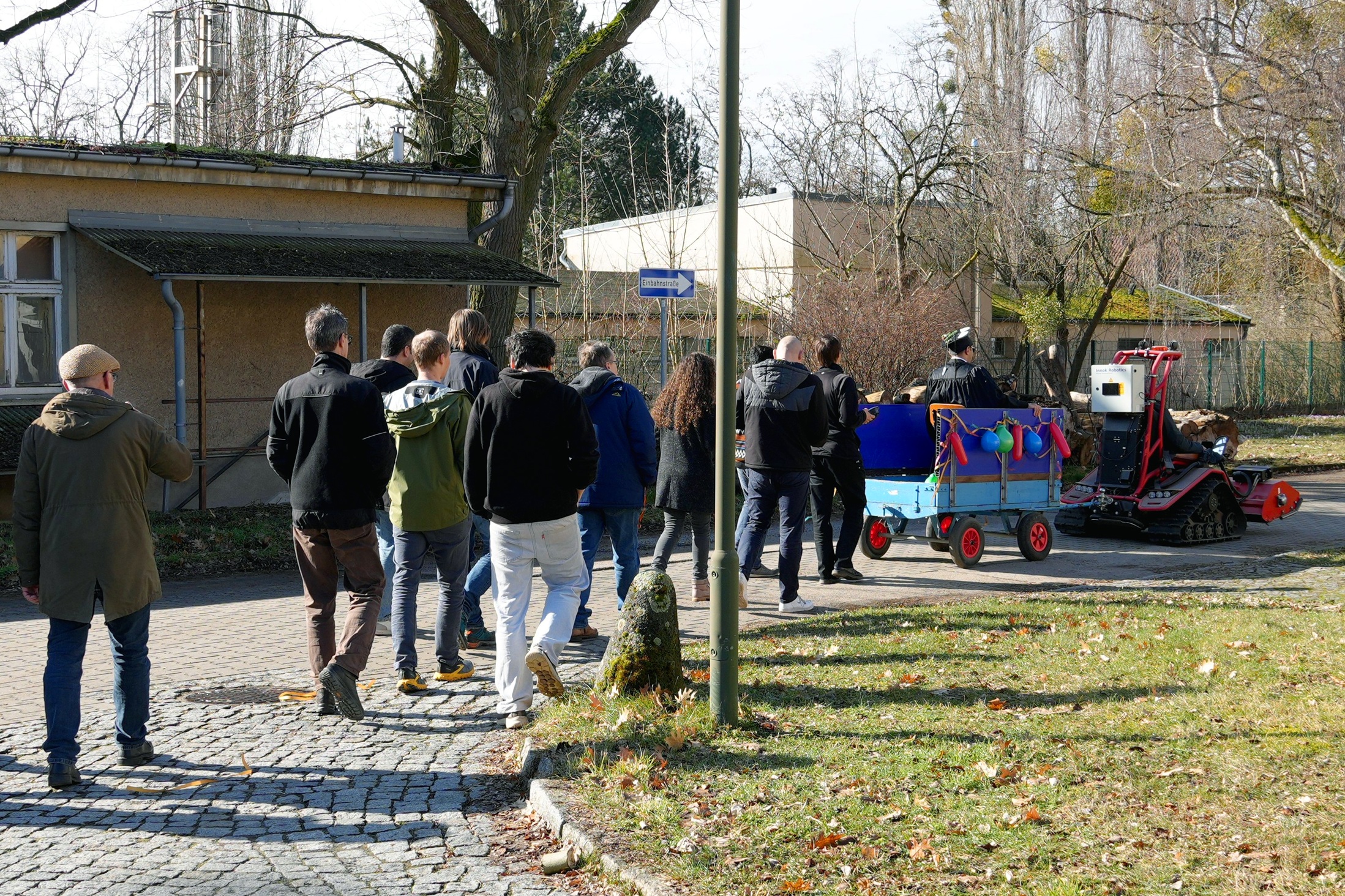New biobased products for the bioeconomy
This programme area focuses on the development of site-specific technology and processes for sustainable production of biomass in agriculture and its resource-efficient use by further processing it into biomaterials in the context of bioeconomic value chains. Establishing closed substance cycles is particularly important with regard to carbon, in order to promote the function of biomaterials as carbon sinks.
Our research activities deepen the fundamental understanding of the physical, chemical and biological processes involved in the production, pre-treatment, processing and conversion of biomass. We investigate the respective process steps exemplarily in short rotation coppice, agroforestry systems (link to YouTube), paludiculture, fiber crops and biobased products.
The common goal of our research is the development of integrated concepts for a cascading use of biomass and residues from agriculture in order to explore new ways for biomass use in terms of biorefinery systems.
Lignocellulose from short rotation coppice, agroforestry systems and paludiculture
Woody biomass from agriculture is an important raw material for bioeconomic value chains and offers significant potential for climate protection and energy security. Our research focuses on advanced processes for the production and sustainable use of lignocellulose for bioenergy and biomaterials, which for example can be used as fibers in the construction, pulp and paper industries or as feedstock for the production of biobased chemicals.
Our research aims at producing lignocellulosic biomass sustainably on agricultural land using fast-growing woody plants in short rotation or agroforestry systems (link to Youtube video), as well as using suitable plant species on rewetted peatland sites (paludiculture).
We are investigating the site-specific potentials of biomass production and carbon storage and are developing technical solutions for harvesting, storage and processing of woody biomass, especially in terms of energy requirements.
As a first step for the development of Digital Twins, we are designing models for plant growth and carbon storage during biomass production as well as for drying and decomposition processes of shredded biomass.
Plant fibers
High-quality plant fibers are attractive not only for the production of textiles, they are also used as building or insulating materials in industry, for example, thus replacing fossil raw materials. In addition to well-known and unknown fiber plants such as hemp, nettle or flax, we are particularly interested in lignocellulose-containing biomasses from the co- and residual use of food, feed and energy crops.
Research focuses on the development of process technology for fiber crops along the entire value chain: from the production of biobased agricultural fiber raw materials to their technical application (Link to Youtube Video 'Hemp as construction material', in German). The wide range and high variability of different plant material properties are a particular challenge for the development of resource-efficient technologies in fiber production. We measure, analyze and model environmentally or technically induced changes in these properties and develop new methods for determining specific morphological, gravimetric or mechanical properties. This enables us to derive effective operating principles for technical facilities and even new process lines - for fiber plants and also for alternative lignocellulosic biomass from agriculture.
Biobased chemicals
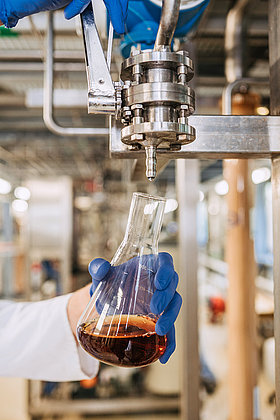
Another promising way to create value from organic by-products and residues is bioconversion by means of microbial fermentation. In our research, we focus on the production of lactic and succinic acid, as these two monomers are the main components for subsequent processing into bioplastics.
Understanding the entire process, starting with the screening of suitable bacterial strains, biomass pretreatment, fermentation, and the downstream purification and concentration process, requires a thorough knowledge of the individual process steps and their integration. Taking into account the variability of the starting material and the vitality of the microbial strains, we develop scientific approaches for an efficient process design. We aim to produce biochemicals as tailor-made feedstock for further processing into multifunctional biomaterials.
To the team of the programme area
Research projects
-
-
In phase 1 of the ZIM innovation network, the following topic-independent goals are primarily planned: (1) setting up and establishing the consortium, (2) creating a network identity, (3) developing generalizable project…
-
A number of large companies are currently developing prototypes for the utilisation of biomass, including as paper and packaging or building and insulation materials. If rapid further development into products is emergin…
-
The aim of the SALIX_AFS joint project is to establish various model agroforestry systems in which shrub willows are planted to produce willow rods. The willow rods are to be processed into an endless willow thread and f…
-
The aim of the ‘AmmoCatCoat’ project is to research novel biomass-based carbons as a ruthenium (Ru) carrier material for industrial hydrogen production from ammonia (NH3 reforming). At ATB, suitable carbonaceous materia…
More projects within the programme area
Publications of the programme area
- Zohrabi, S.; Seiiedlou, S.; Golpour, I.; Mellmann, J.; Sturm, B.; Marcos, J.; Blanco-Marigorta, A.; Didaran, F.; Lefsrund, M. (2026): Exergetic sustainability assessment of a semi-industrial convective dryer employing waste heat recovery for drying wood chips: A BPANN-based approach. Thermal Science and Engineering Progress (TSEP). (Volume 70): p. 0. Online: https://doi.org/10.1016/j.tsep.2026.104501 1.0
- Lüttger, A.; Kleps, C.; Sula, K.; Schneider, R.; Venus, J.; Pleissner, D. (2026): Decentralized fermentative production of succinic acid from food industry residues: Life-cycle- and economic assessments. Sustainable Chemistry One World. (March 2026): p. 1-9. Online: https://doi.org/10.1016/j.scowo.2025.100165 1.0
- Babor, M.; Liu, S.; Arefi, A.; Olszewska-Widdrat, A.; Venus, J.; Sturm, B.; Höhne, M. (2025): Interpretable Domain Adaptation Enables Robust Lactic Acid Fermentation Monitoring from Waste. Results in Engineering. (March 2026): p. 108477. Online: https://doi.org/10.1016/j.rineng.2025.108477 1.0
- Olszewska-Widdrat, A.; Portugal Rios da Costa Pereir, L.; Schneider, R.; Unger, P.; Xiros, C.; Venus, J. (2025): Pilot scale succinic acid production from fibre sludge followed by the downstream processing. Food and Bioproducts Processing. (May 2025): p. 118-126. Online: https://doi.org/10.1016/j.fbp.2025.03.001 1.0
- Baumann, J.; Schönfeld, L.; Lühr, C.; Gusovius, H.; Akleh, W.; Govilas, J.; Placet, V.; Chalot, M.; Müssig, J. (2025): Stinging nettle (Urtica dioica L.) as reinforcement in short fibre-reinforced biobased composites for application in injection moulding - A possible use case for biomass from marginal land?. Industrial Crops and Products. (July 2025): p. 120959. Online: https://doi.org/10.1016/j.indcrop.2025.120959 1.0
- Brown, K.; Heiermann, M.; Lühr, C.; Meermann, B.; Pecenka, R.; Schulz, A.; Langhammer, N.; Theuerl, S.; Prochnow, A. (2025): Potentials of typical plant species from rewetted fenlands for the supply of strategic elements. Scientific Reports. : p. 20149. Online: https://doi.org/10.1038/s41598-025-05180-0 1.0
- Schroedter, L.; Venus, J. (2025): Kontinuierliche Kultivierung auf Basis biogener Roh- und Reststoffe. BIOspektrum. (04/2025): p. 670-672. Online: https://doi.org/10.1007/s12268-025-2589-3 1.0
- Ibáñez, J.; Blanco-Alcántara, D.; Perales-Fernández, J.; López-Abelairas, M.; Silva, D.; da Silva, T.; Monteiro, H.; Olszewska-Widdrat, A.; Venus, J.; Xiros, C.; Wallenius, A.; Martel-Martín, S.; Barros, R. (2025): Integrating life cycle and techno-economic assessment for bio-based lactic acid production from industrial residues. Environmental Impact Assessment Review. (April 2026): p. 108291. Online: https://doi.org/10.1016/j.eiar.2025.108291 1.0
- Susmozas, A.; Schroedter, L.; Manzanares, P.; Iglesias, R.; Schneider, R.; Venus, J.; Ballesteros, I. (2025): Enhanced enzymatic digestibility of steam-exploded short rotation hardwood species Betula pendula and its potential for lactic acid production. Journal of Cleaner Production. : p. 145042. Online: https://doi.org/10.1016/j.jclepro.2025.145042 1.0
- Fiege, C.; Germer, S.; Schwarz, A.; Bischoff, W.; Pecenka, R. (2025): Coarser root residues are a major subsoil carbon sink after re-conversion of poplar short rotation coppice plantation to cropland. Biomass & Bioenergy. (September 2025): p. 108029. Online: https://doi.org/10.1016/j.biombioe.2025.108029 1.0
More publications of the programme area

